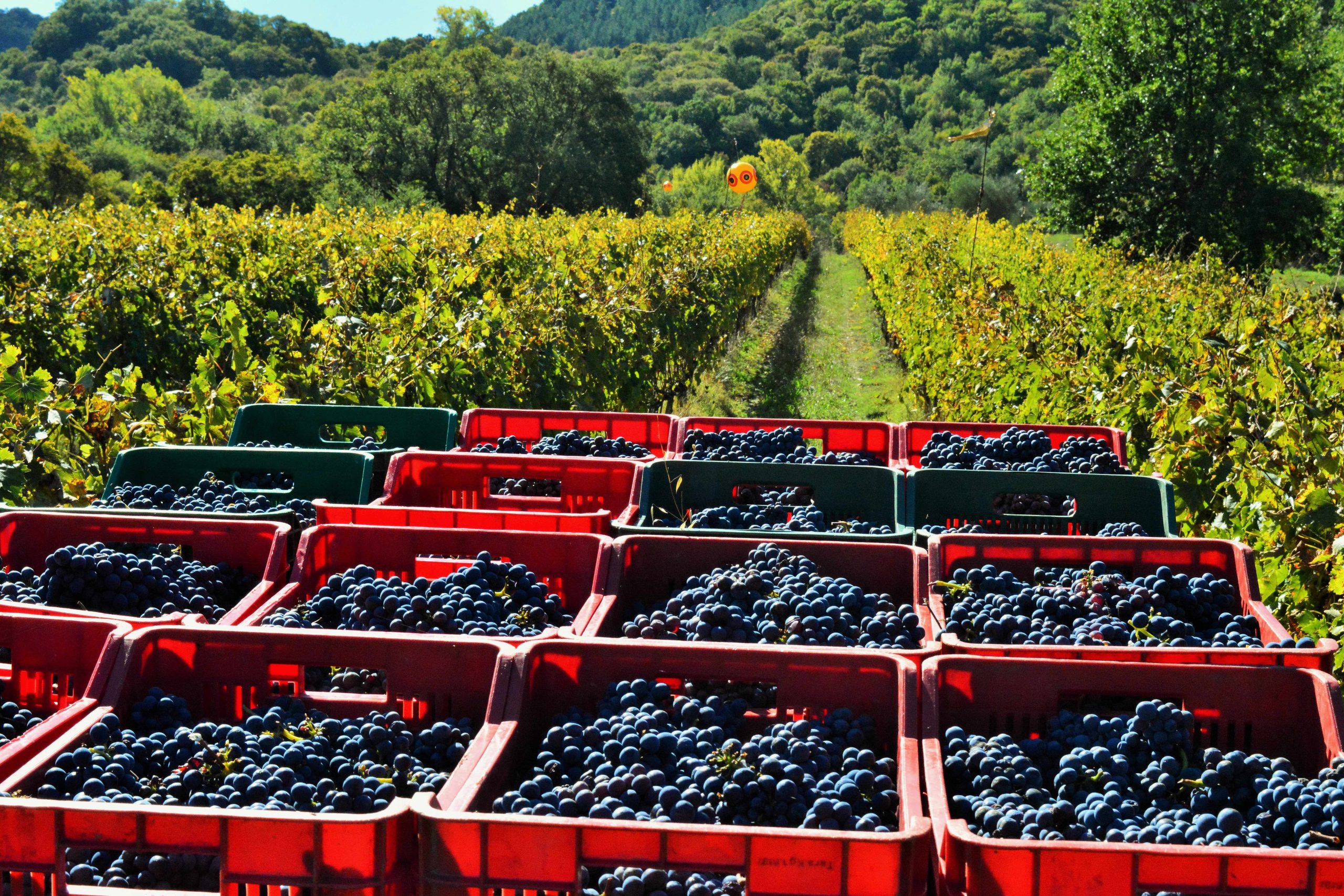One in three women in wine face harassment at work, new research finds
Almost half (44%) of women working in wine in the UK have considered leaving the industry because of gender-based challenges, a new survey of 726 respondents has found.

Curious Vines, an online platform which connects women in the wine industry, partnered with market researcher Proof Insight to undertake the research, which surveyed 726 respondents to investigate the experiences of women in the wine industry.
Sexism, gender bias and harassment were considered the top issue faced by women in the UK wine industry, with 78% of survey respondents acknowledging sexism and gender bias as a key issue to tackle.
A lack of women in leadership roles and discriminatory pay and conditions were also some of the key issues outlined by women taking part in the research.
More than three quarters (76%) felt that women are underrepresented in leadership roles, and half (54%) believe that discriminatory pay and conditions are an issue in the UK wine industry.
The bulk of responses came from women aged 25-44, and almost half of those who took part in the survey have worked in the industry for 10 years or more.
Challenges faced by women returning from maternity leave were also highlighted by the research, raising the lack of flexible working as a key challenge for those juggling care responsibilities.
More than one in three women in wine have faced harassment while working, and this issue disproportionately affects those working in hospitality.
Queena Wong, founder of Curious Vines, said in a presentation on the research yesterday: “As the mother of a young adult daughter, the thing that really hit me is that 50% of women aged 18-34 have already experienced sexual harassment at work, which for me is something that needs to be addressed immediately.”
Issues of harassment span further than just the wine industry. According to a survey by OurWhisky Foundation published in August, a third of women working in whisky have been inappropriately touched and 87% feel they experience more challenges in the workplace than their male counterparts, with 70% also saying they have experienced inappropriate or sexual remarks while doing their job.
To put these figures into context, data collected by the Trades Union Congress (TUC), the UK’s national trade union centre, shows that over 1 in 2 women and nearly 7 out of 10 LGBT workers have been sexually harassed in the workplace. Half of those women who had experienced sexual harassment said that they had been subjected to unwelcome sexual jokes in the workplace more than six times in their lives.
Partner Content
The types of sexual harassment reported to the TUC range from inappropriate and offensive comments or ‘jokes’ of a sexual nature to unwanted touching, sexual assault and rape. 32% of women have been subject to unwelcome jokes of a sexual nature and more than one in ten women reported experiencing unwanted sexual touching or attempts to kiss them in the workplace. One in eight LGBT women reported being seriously sexually assaulted or raped at work.
Wong announced that in light of the responses, she has pledged to run the first women’s safety workshop for Curious Vines members and friends in Q1 2024.
“With the right industry support, this could be the start of ongoing awareness and education dealing with some of the issues that are coming out of this survey,” she said.
Without the right action, however, the research found that the industry could be at risk of losing out on talent, with 44% of women reporting that they have considered leaving the wine industry because of challenges faced.
Alice Goody, head of insight at Proof Insight, who led the presentation, warned that “inaction could be to the industry’s detriment”.
“Our concern is that there is a real risk here, if action is not taken, that this could be a real drain on talent within the industry, and that women could look towards more progressive industries for their careers that actually are doing something about these issues,” she said.
Survey respondents cited training and mentorship programmes as key to improving the career prospects of women in the industry, particularly focused on negotiation and assertive communication.
Goody said: “We did find that mentors have had a really positive impact on the careers of women.”
She continued: “Our considerations for the industry here on this point would be first of all acknowledging that these barriers exist, and then working towards removing them.”
Proof Insight and Curious Vines have already presented their findings to nearly 20 key industry bodies, “in anticipation that this could be a turning point in the industry in addressing some of these issues”, Wong said.
Attendees included, but were not limited to: WSTA, Drinks Trust, WSET, IMW, Court of Master Sommeliers Europe, UK Sommelier Academy, WineGB, Plumpton College, Gerard Bassett Foundation, JancisRobinson.com.
Related news
VIK 2022: ‘the beginning of a journey toward self-sufficiency’




